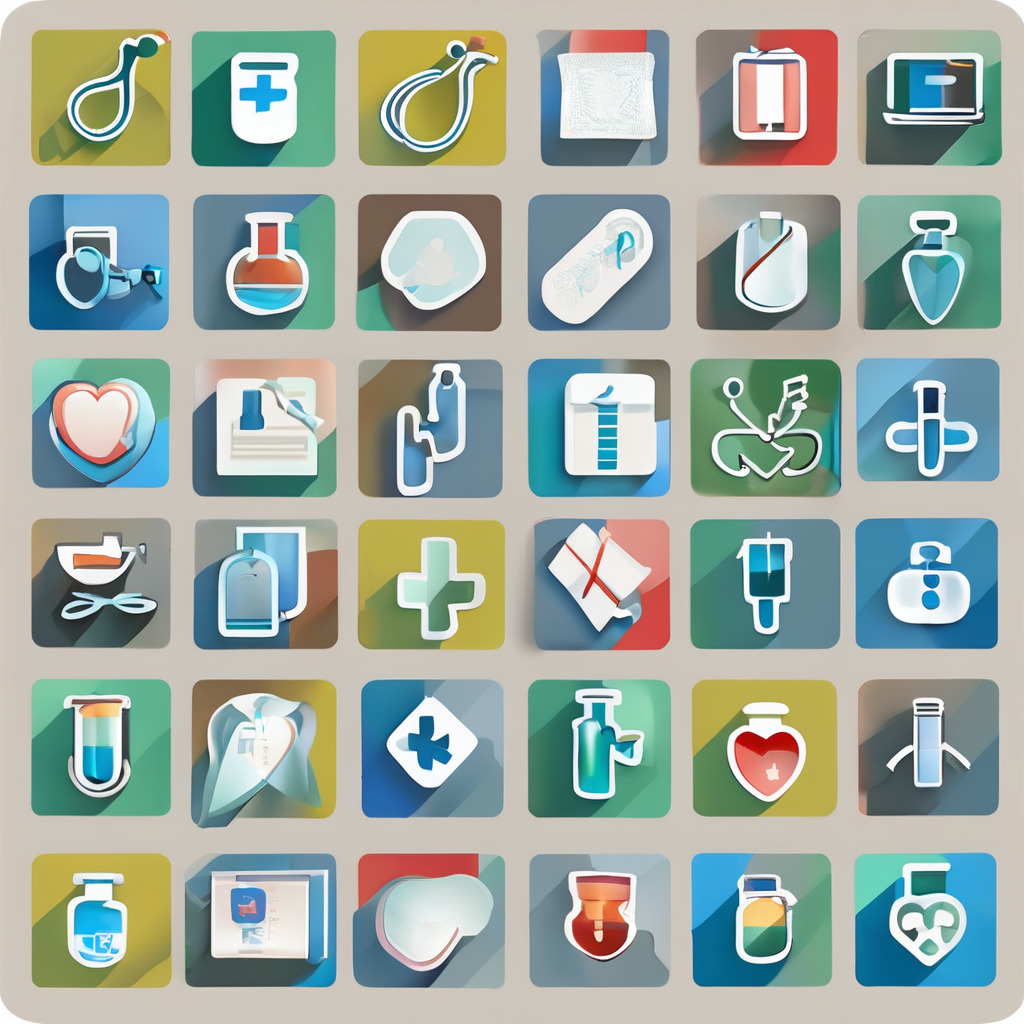Importance of Oral Hygiene in Seniors
Understanding the critical nature of oral hygiene is vital for seniors, as it directly influences their overall health. Dental health can impact aspects like nutrition and cardiovascular health, underscoring the importance of maintaining a clean mouth. Seniors often face specific challenges, such as gum disease and tooth sensitivity. These conditions can lead to discomfort, difficulty eating, and even systemic health issues if left unmanaged.
Regular dental visits play an essential role in sustaining oral hygiene. Professional checkups can prevent the progression of dental issues and enable seniors to receive tailored advice for managing their conditions.
Also to discover : Effortless Travel Tips for UK Seniors 60+: Navigating Long-Distance Trips with Chronic Medications
Common Dental Issues
Among the prevalent dental problems for seniors, gum disease is particularly concerning. It is often exacerbated by the natural aging process and medications that reduce saliva flow, a critical component in oral health. Tooth sensitivity may also become more pronounced with age due to enamel wear and exposed roots.
By ensuring consistent oral care routines and seeking regular professional input, seniors can significantly enhance their dental health and, consequently, their quality of life. Employing techniques that address these issues specifically can make a meaningful difference in maintaining a healthy and comfortable lifestyle.
Have you seen this : How Can Seniors in the UK Enhance Their Longevity Through Dietary Changes?
Effective Oral Hygiene Practices
Ensuring effective daily oral care is essential for seniors to maintain their dental health and overall well-being. Implementing appropriate brushing techniques and consistent flossing can significantly enhance their oral health.
Recommended Brushing Techniques
Using a soft-bristled toothbrush is crucial. It minimizes enamel wear while providing effective cleaning. Proper brushing techniques, such as positioning the brush at a 45-degree angle, gently polishing the gum line, must be followed. It is recommended that seniors brush twice daily for at least two minutes each session.
Flossing and Its Benefits
Flossing removes food particles and plaque between teeth. For seniors, using wider, dental tape or floss with handles may be beneficial. Effective flossing requires a gentle motion to slide up and down each side of the tooth. Regular flossing supports healthier gums and reduces the risk of gum disease.
Mouthwash Usage
Choosing the appropriate mouthwash can complement brushing and flossing. Seniors may benefit from antimicrobial mouth rinses – they help reduce oral bacteria. Incorporating mouthwash into the daily routine after meals enhances oral hygiene by reaching areas missed by brushing and flossing.
Suitable Dental Products for Seniors
Navigating the best dental products is essential for seniors to maintain optimal oral health. Proper product choices tailored to their specific needs can make a significant difference in their daily oral hygiene routines.
Toothbrush Recommendations
When evaluating toothbrushes for seniors, both electric and manual options have distinct advantages. Electric toothbrushes can be particularly beneficial due to their ability to provide a thorough clean with less effort, making them ideal for those with limited dexterity. Seniors should seek toothbrushes with soft bristles to minimize any potential enamel wear. It’s vital to replace toothbrushes every three to four months or when bristles become frayed, ensuring they effectively maintain cleanliness.
Choosing the Right Toothpaste
Toothpaste recommendations for seniors typically emphasize fluoride content, which plays a crucial role in strengthening enamel and preventing decay. For those experiencing sensitive teeth, specific formulations can alleviate discomfort. Additionally, some seniors may prefer natural alternatives, avoiding certain chemicals while still maintaining effectiveness.
Additional Dental Care Products
Denture care products are indispensable for seniors with dentures, ensuring they remain clean and fit comfortably. Likewise, dental gels or moisturizers offer relief for dry mouth, a common issue among older adults. Incorporating interdental brushes and dental picks into their routine can further enhance the efficacy of daily oral care, reaching areas standard brushes might miss.
Dietary Tips for Enhance Oral Health
Eating a balanced diet plays a crucial role in oral health for seniors. Consuming fruits and vegetables can help promote dental health due to their high vitamin and mineral content, contributing to stronger teeth and gums. These foods often stimulate saliva production, which naturally cleanses the mouth.
Hydration remains essential for maintaining oral health. Sufficient water intake helps wash away food particles and bacteria, reducing the risk of tooth decay and gum disease. Seniors should aim to drink water throughout the day, especially after meals, to clear any debris and promote a healthy mouth environment.
It is equally important to be aware of foods that can harm dental health. Seniors are advised to limit sugary snacks and beverages, as sugar can contribute to cavities and adversely affect dental health. Acidic foods and drinks, like citrus fruits and soft drinks, should also be consumed in moderation to prevent tooth sensitivity. These substances can erode enamel if consumed excessively, leading to further oral issues.
By incorporating these nutrition-based strategies into their daily routines, seniors can support better oral hygiene and potentially prevent common dental problems.
Preventive Measures for Oral Health
Implementing preventive dental care is crucial for seniors to maintain long-term oral health. Regular dental checkups play a pivotal role in early detection of potential issues, allowing for timely interventions.
Frequency of Dental Checkups
Seniors should ideally schedule a dental visit every six months, although specific needs may require more frequent trips. This timing ensures routine cleaning and monitoring for conditions like gum disease. Additionally, it’s vital to remain vigilant for signs that necessitate immediate attention, such as persistent pain or bleeding gums. Preventive dental care, including regular professional cleaning, can significantly reduce the risk of developing severe dental complications.
Education on Oral Health
Educating seniors about oral health equips them with knowledge to independently manage their dental care. Many resources, from online articles to community workshops, offer guidance. Understanding key issues like tooth sensitivity empowers older adults to make informed decisions. Engaging family members in the education process fosters a supportive environment where seniors receive encouragement and assistance as needed.
Using Visuals and Checklists
Creating personalized oral hygiene checklists helps reinforce daily routines. Visual aids, such as diagrams of brushing techniques or flossing steps, can enhance memory and adherence to recommended practices. These tools serve as practical reminders, motivating seniors to consistently maintain their dental health.




